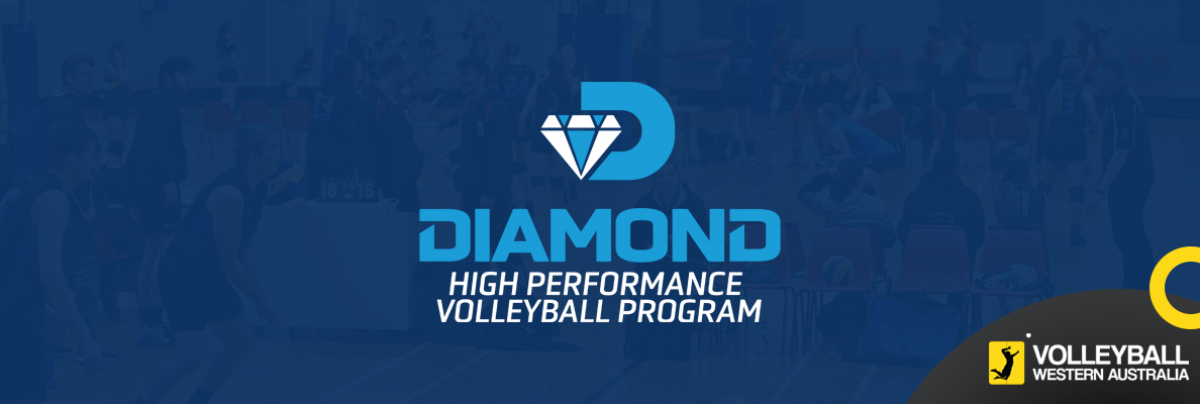With just over a month to go in beach season, most clubs have begun their trials for indoor. Almost every year, around this time, we see some athletes starting to complain of shoulder pain and even injury. Due to the differences in gameplay and the nature of the court compared to beach volleyball, indoor allows you to perform a higher number of reps for spiking, serving and even blocking. These skills are all overhead and place enormous demands on the shoulder. As I’m sure you’ve all heard, to reduce the risk of pain and injury, we must ensure the shoulder is strong and stable and that it is ready to handle load increases. We often associate strength with the flashy stuff; hitting harder, getting faster, jumping higher. But one of the most important reasons to get stronger is so you can decelerate your limbs and handle the forces and stressors placed on them. It’s incredible having a car with a fast engine, but if you don’t have a decent set of brakes, that engine will take you straight into a wall.
At Diamond, we are no stranger to these issues. We want our athletes to hit harder, but we also want them to stay on the court. So, while developing our athlete’s engines through overhead strength and stability work, we also build their brakes. Specifically, the posterior rotator cuff acts as the brakes and decelerates the arm after a serve or spike. By strengthening your posterior rotator cuff, you increase the capacity of the shoulder to handle higher workloads and reduce your risk of injury.
There are a few ways to isolate and strengthen the posterior rotators. One example of a staple exercise for our volleyball athletes is “Seated Dumbbell Shoulder External Rotation”. Focus on this exercise’s eccentric portion (lowering) for 4-5 seconds and perform 2-3 sets for 6-8 reps up to three times per week. Check out this video of one of our Volleyball Athletes, Lizzie Alchin, performing the exercise at Diamond:
https://www.youtube.com/watch?v=hhNqXGfKAXg
Strength training will not only help you perform better as an athlete, but it will also reduce your risk of injury. If you want to learn more about strength and conditioning for volleyball or become part of our volleyball program, contact us at [email protected].
Written by: Corban Wroe | Strength and Conditioning Coach|B.S. Health Science | M.S. Exercise Science (S&C) | ASCA L2

